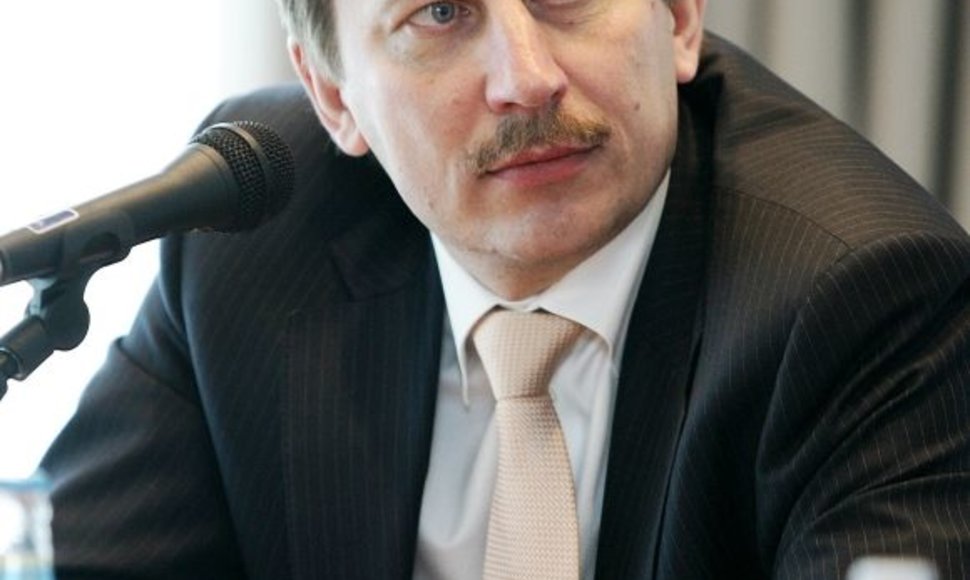The function is currently performed by the Foreign Ministry that inherited the function from the Department of National Minorities and Lithuanians Living Abroad that was closed down.
"We found that it was not a good decision to separate the informal education from the education system during restructuring of the department," the prime minister's chancellor Deividas Matulionis told journalists after the meeting.
In his words, the official decision on transfer of the functions should be made by the Cabinet in May.
Jūratė Caspersen, chairman of the Lithuanian Community in Switzerland in charge of education in the Lithuanian World Community, said that the Foreign Ministry had been performing the functions merely formally over the past two years.
"A bootmaker cannot and should not tailor pants. Everyone has to do his job. The distribution was unnatural from the very beginning. Education matters – formal or informal – take a specialist approach. There should be a content and the form selected by the child's age and the level of command of the language. Although, formally, many functions of the former department were performed (…), know-how was not built," she said.
In Caspersen's words, around 180 Lithuanian-language Saturday schools with enrollment of more than 6,000 children operated across the globe a few years ago, mainly in the United States and Russia's Kaliningrad region.












